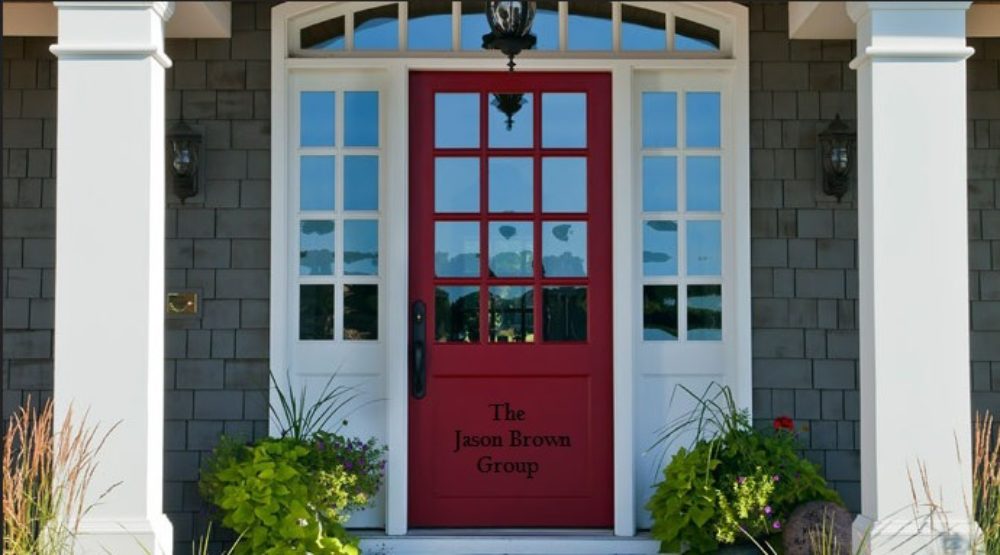Hands On The Heartland
Checking The Pulse Of The Kansas City Real Estate Market
Unless you’re paying cash for a home or have VA loan eligibility, there’s no point in heading out to view homes if you aren’t able to make a 3.5% down payment. On a $200,000 home that means you need to have $7,000 saved up. That’s what FHA requires and it’s 1.5% less down payment than you’d have to have if doing a conventional loan. I was surprised to read this week that FHA is currently backing 25% of all mortgage loans in today’s market! That’s about double what they were doing less than a year ago. My first reaction was that FHA is playing an important role in trying to pull our real estate market out of the funk it’s in. My second thought was they sure are taking on a lot of risk at time when few are willing to step up. My fears were eased when I saw that the average FHA buyer’s credit score had jumped from 630 to 690 – that’s a huge jump. FHA is still taking on some risky buyers with credit scores below 500 but the risk involved with a potential default is lessened by their requirement that these buyers have a 10% down payment.
This leads to me to a question I often here from Kansas City home buyers… “Should I get an FHA or conventional loan?”. If you’re a buyer who is scraping together a down payment, there’s a huge advantage in the 3.5% minimum FHA down payment versus the 5% minimum conventional loan down payment. And that’s the main reason many buyers go FHA. Yet Conventional loans are still the most popular loans made today and that’s because their less complicated all the way around. Yet there are many distinct advantages to going FHA as well and here ‘s some random FHA loan versus Conventional loan thoughts to consider…

- The maximum FHA loan amount for the Kansas City area is currently $271,050.
- Conventional loans USUALLY don’t have a pre-payment penalty; FHA loans NEVER have a pre-payment penalty.
- FHA loans require about TWICE as much effort on the borrower to provide the lender with necessary supporting documents on employment, income, etc.
- Although proving qualifications is harder, the actual qualifications for an FHA loan are less restrictive than on a conventional loan.
- FHA allows up to 6% in Seller concession (i.e. seller payed buyer closing costs); Conventional loans only allow up to 3% in Seller concessions.
- FHA loans require a 3.5% minimum down payment; Conventional requires a 5% minimum down payment.
- Unlike conventional loans, the down payment on an FHA loan can be gifted by a relative.
- To get roughly an equivalent interest rate on a conventional loan, you’d need a 10% down payment (although only 5% is required); Conventional rates are often better than FHA rates if buyer has more than a 10% down payment.
- Conventional loans with less than 20% down payment go through TWO underwriting procedures (one for the loan and one for the PMI); FHA loans go through just one underwriting procedure.
- Conventional loans have no up-front PMI; FHA loans have a significant up-front PMI fee of 1.75% of the loan amount (the fee can be financed into the monthly payments).
- FHA loans have a streamlined refinance process and the loans may also be assumable by another buyer later.
- Contrary to many rumors FHA loans are not just for First Time Home Buyers.
- There are no income minimums or maximums to qualify — yes, Donald Trump can go FHA.
- FHA won’t make loans on homes that were involved in a sale within the past 90 days.
- FHA won’t make loans on homes with major structural or condition issues.
- Seller’s don’t like FHA loans because the appraisals are more strict and take longer to fund at closing.
- Appraisers are held to strict FHA guidelines for declining markets (which has been just about every market).
Posted by Jason A. Brown
COMMENTS CAN BE LEFT BELOW…
(Click post headline if you don’t see the LEAVE A COMMENT section.)
